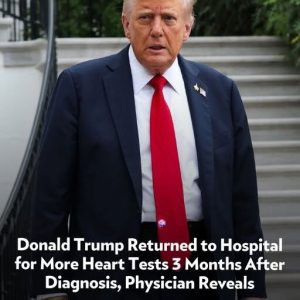President Trump and AstraZeneca announced a major agreement on October 10, 2025, to lower prescription drug costs for U.S. Medicaid programs by tying those prices to the lowest rates charged in other developed countries—what is called a “most‑favored-nation” (MFN) pricing model. Under this treaty, AstraZeneca committed to matching the lowest international prices for its drugs sold to Medicaid and to extend those prices to newly launched medications. The company also pledged to give discounts—sometimes up to 80% off list price—through a new direct‑to‑consumer platform called TrumpRx, which is slated to help consumers buy medicines directly at reduced costs.
As part of the deal, AstraZeneca unveiled plans for a $50 billion investment in U.S. manufacturing and research by 2030, including building new facilities like one in Virginia. In exchange, the company is to receive a three‑year exemption from proposed tariffs, offering it relief from the administration’s threatened trade penalties. This agreement follows a precedent set earlier with Pfizer, which had already agreed to similar MFN pricing and to promote drug discounts under TrumpRx.
While the administration frames the deal as a win for American patients—estimating hundreds of millions in savings annually—some analysts remain cautious. Because Medicaid already receives discounted drug rates, the additional savings may be limited in practice. Critics warn that the agreement may benefit pharmaceutical firms by insulating them from tariffs without guaranteeing major price relief across private insurance markets or Medicare. The real impact on ordinary consumer drug costs and the broader healthcare system will depend on implementation, regulatory oversight, and whether other manufacturers follow suit.



